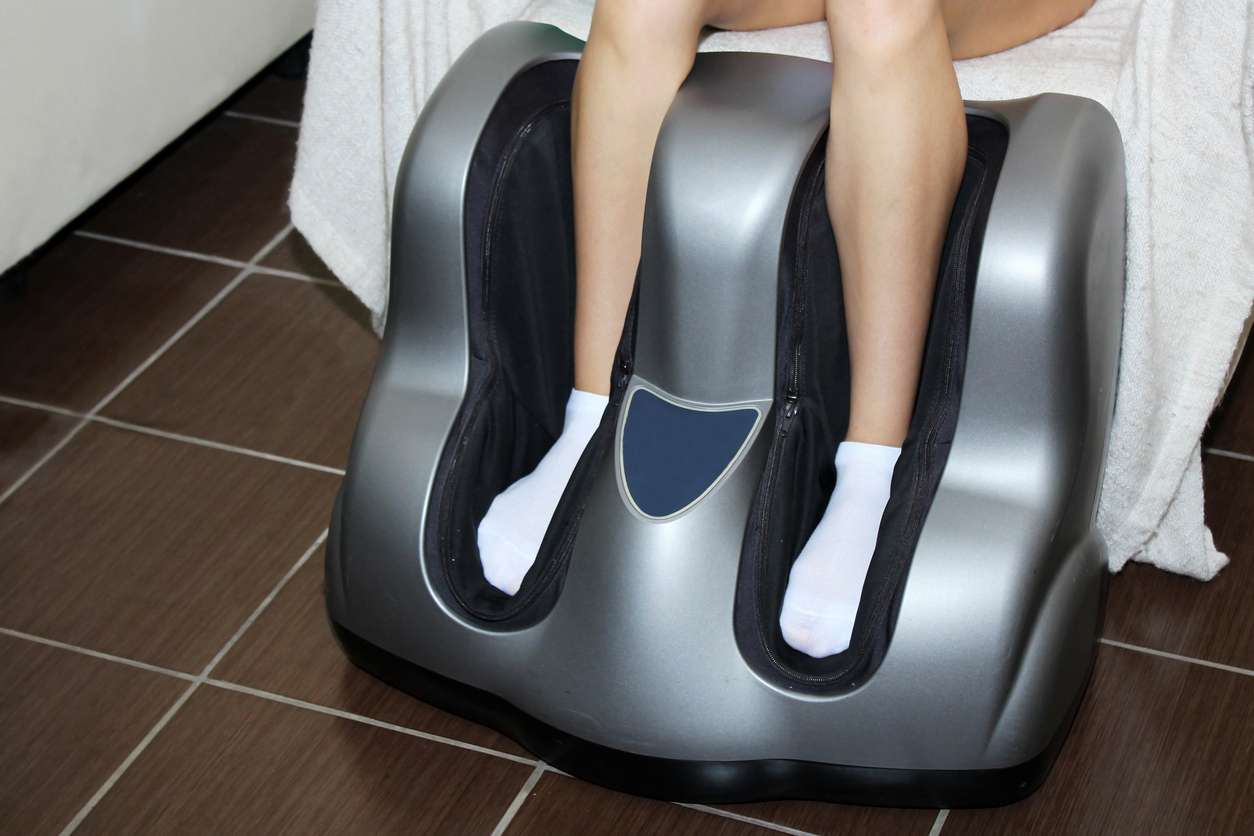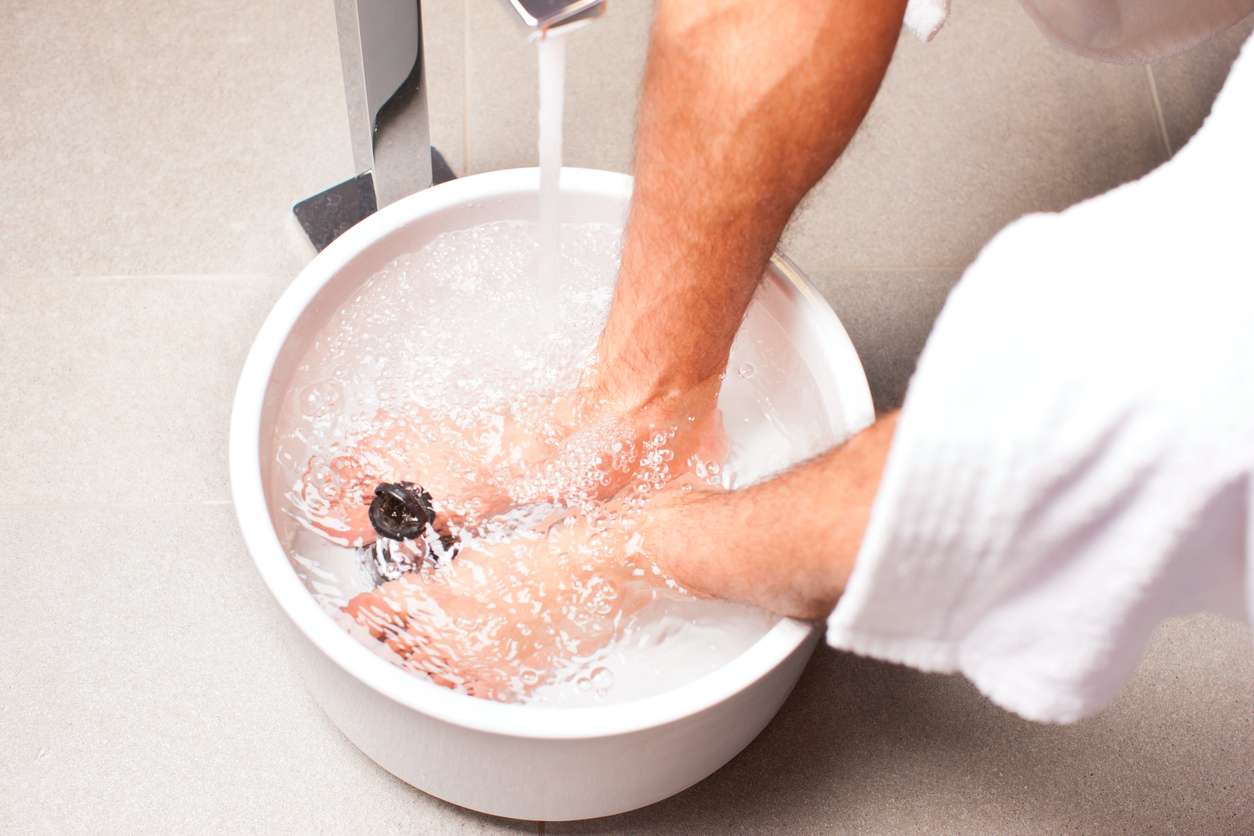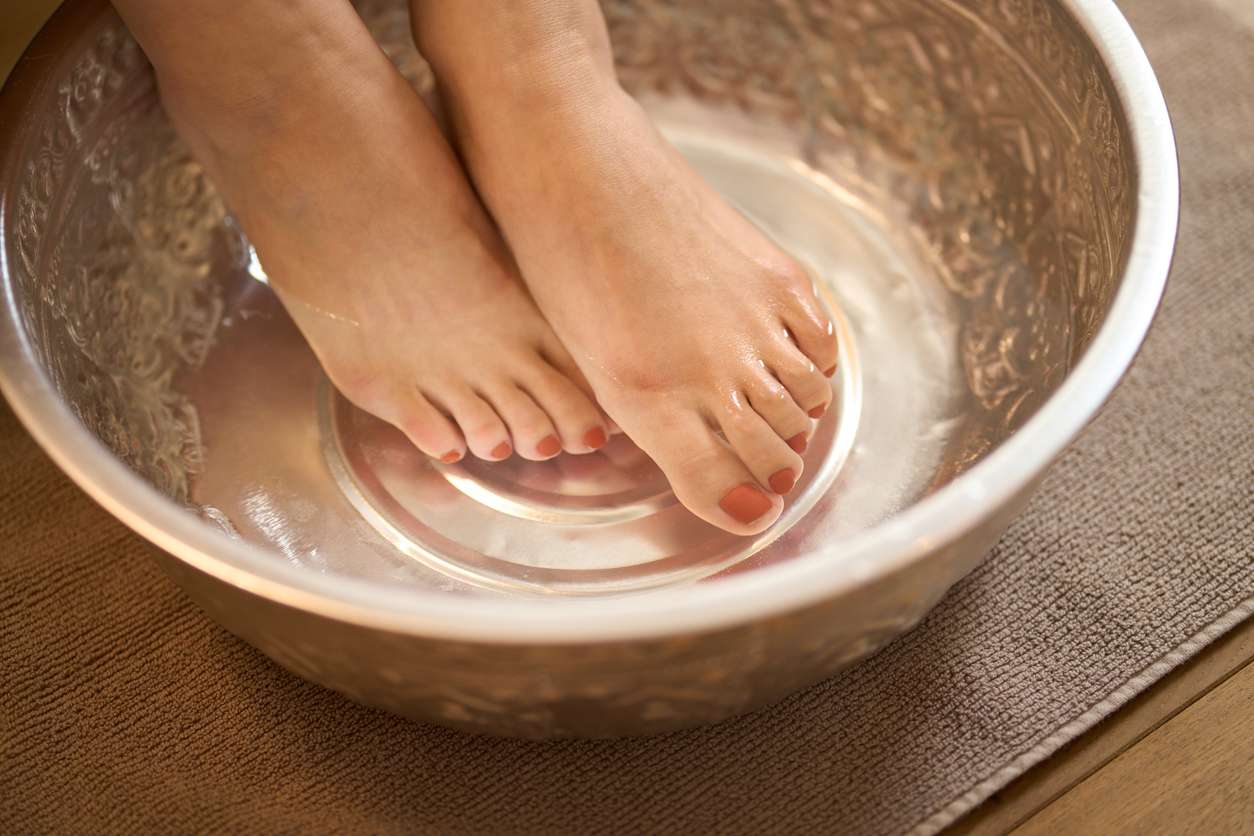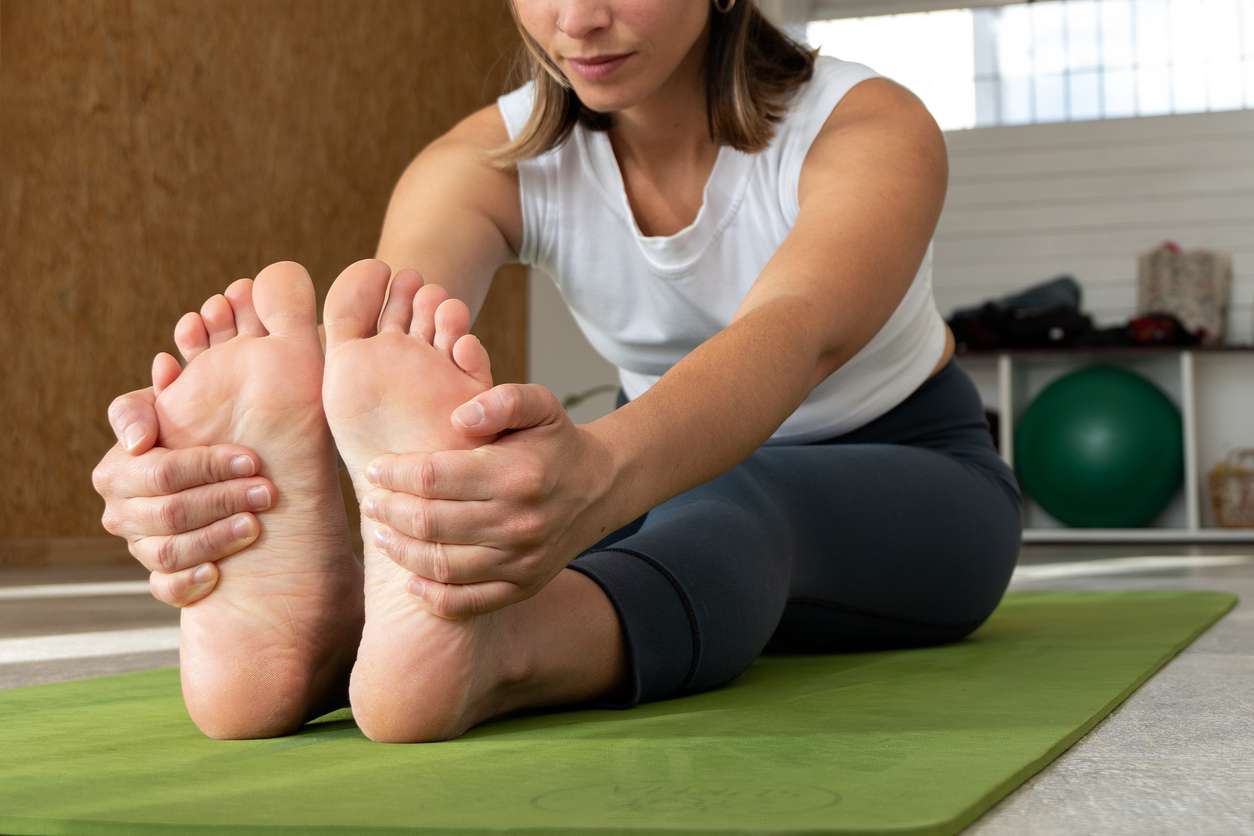How Foot Pain Can Impact Mental Wellbeing (And How to Address It)

Foot pain is more than just a physical issue. It can deeply affect your mental wellbeing and quality of life. Many people don't see the strong link between foot health and mental health. Foot pain can lead to more stress, anxiety, and even depression.
Studies show that foot pain can make you more anxious and lower your quality of life. Over 20% of Americans, around 53 million, have arthritis. This condition often affects the feet and can harm both physical and mental health.
The Manchester Foot Pain and Disability Index helps doctors understand foot pain in older adults. It shows how foot issues affect daily life. Podiatrists can improve mobility and comfort, which can help mental health.
The link between foot pain and mental wellbeing goes both ways. Foot pain can lead to mental health issues. But stress and anxiety can also cause foot discomfort. This shows we need to treat foot health and mental wellness together.
Key Takeaways
- Foot pain can significantly impact mental wellbeing and quality of life
- Chronic foot conditions are linked to increased stress, anxiety, and depression
- Over 20% of Americans have arthritis, which can affect foot health
- The Manchester Foot Pain and Disability Index helps evaluate foot pain in older adults
- Addressing foot problems can lead to improved comfort and mental health
- Stress and anxiety can contribute to foot pain, creating a cycle of discomfort
- A holistic approach is necessary to address both foot health and mental wellbeing
Understanding the Mind-Body Connection in Foot Health
The mind-body connection is key to foot health and overall wellness. Studies show that our mental state affects how we deal with foot pain. People with better mental health tend to handle foot pain better over time.
Foot conditions can really affect our mental health. For instance, diabetes can cause numbness or pain in the feet. Arthritis leads to stiffness and swelling, making us uncomfortable and stressed.
Here are some interesting facts:
- Foot pain affects 13% to 36% of adults
- About 12% of people have ankle pain
- The foot/ankle area is the third most common spot for joint pain in adults over 55
It's important to understand the mind-body connection for holistic wellness. By focusing on both physical and mental aspects of foot health, we can live better. This might include wearing the right shoes, using orthotics, and staying active through walking. Walking can help reduce stress and improve sleep.
How Foot Pain Can Impact Mental Wellbeing
Foot pain can really hurt your mental health. It can make you feel more stressed, anxious, and depressed. This pain can also make it hard to move around and do things you love.
Foot pain isn't just about physical pain. It can also hurt how you feel about yourself and your body. This can make you feel sad and have negative thoughts. It can really lower your quality of life and affect your relationships.
For a therapist in Sarasota, FL:
Davenport Psychology, Sarasota 1608 Oak St. Sarasota, Florida 34236 941-702-2457 https://davenportpsychology.com/locations/sarasota-office/
Having friends and family is key to staying mentally healthy. But, foot pain can make it tough to be social. To fight this, try:
- Joining support groups for people with similar issues
- Doing hobbies that don't need you to move a lot
- Getting help from a mental health professional
It's important to take care of both your body and mind when you have foot pain. Regular visits to the podiatrist can help with foot problems. There are also mental health services available. The NHS offers talking therapies, and groups like Mind and Rethink Mental Illness have great resources for mental health.
Common Foot Conditions That Affect Mental Health
Foot health is key to our overall well-being. Many foot conditions can cause chronic pain and affect our mental health. A study found that people with chronic pain had more anxiety, depression, and sleep issues than those without pain.
Here are some common foot conditions that can affect mental health:
- Plantar fasciitis
- Arthritis
- Neuropathy
- Diabetic foot problems
These conditions often cause ongoing discomfort and make it hard to move. This can lead to stress and anxiety. The study showed that the more pain sites and the higher the pain intensity, the worse the mental health symptoms.
Stress can make foot problems worse by reducing blood flow and causing muscle tightness. This can make toes and ankles stiff, raising the risk of plantar fasciitis. It's important to manage pain well to keep both foot health and mental wellbeing in check.
It's vital to catch and treat foot conditions early. If you have ongoing foot pain, see a healthcare professional. They can help create a treatment plan that takes care of your physical and mental health.
The Role of Physical Activity in Mental Wellness
Physical activity is key for both mental and foot health. Walking regularly can lift your mood, cut down stress, and help you sleep better. Studies reveal that 15 minutes of running or an hour of walking daily can cut depression risk by 26%.
Sports can protect athletes from mental illness. Yet, high competition and intense pressure can cause mental health issues. Creating a supportive team culture and talking openly about mental health can help tackle these problems.
Doing about 30 minutes of exercise five times a week is enough for both physical and mental health gains. It can help you sleep better, feel more energetic, and boost your self-esteem. Even those with tight schedules can see health benefits from weekend workouts.
Foot pain can stop you from moving, leading to a decline in mental health. Taking care of your feet is crucial for staying active and mentally well. By focusing on foot health and staying active, we can improve our overall wellness, benefiting our bodies and minds.
FAQ
How does foot pain affect mental health?
Foot pain can really hurt your mental health. It can make you feel stressed, anxious, and even depressed. Chronic pain can make it hard to do daily tasks and lower your self-esteem.
It can also make you feel isolated and emotionally distressed. This creates a cycle that affects both your physical and mental health.
What is the mind-body connection in relation to foot health?
The mind-body connection is key to foot health and overall wellbeing. It's about how our mental state affects our physical health and vice versa. Our mental state can change how we deal with foot pain.
At the same time, foot pain can impact our mental health. Understanding this connection is vital for treating and managing foot conditions.
Can chronic foot pain lead to depression?
Yes, chronic foot pain can lead to depression. The constant discomfort and mobility issues can make us less active. This can lower our mood-boosting endorphins.
Chronic pain can also disrupt our sleep and quality of life. This can contribute to depression and anxiety.
What are some common foot conditions that can affect mental health?
Several foot conditions can harm mental health, including plantar fasciitis, arthritis, neuropathy, and diabetic foot problems. These conditions often cause chronic pain and mobility issues.
They can lead to stress, anxiety, and depression if not managed well.
How does physical activity relate to foot health and mental wellness?
Regular physical activity, especially walking, is vital for mental wellness. It can improve mood, reduce stress, and enhance self-esteem. However, foot pain can limit these activities.
This creates a cycle of reduced activity and declining mental health. Proper foot care and management are crucial for an active lifestyle and mental wellbeing.
What strategies can help address the mental health impacts of foot pain?
To tackle the mental health impacts of foot pain, take a holistic approach. This includes proper foot care, pain management, and regular physical activity within your limits.
Seeking support from mental health professionals and practicing stress-reduction techniques like meditation or yoga can also help. It's important to address both the physical and emotional aspects of foot pain for optimal wellbeing.





